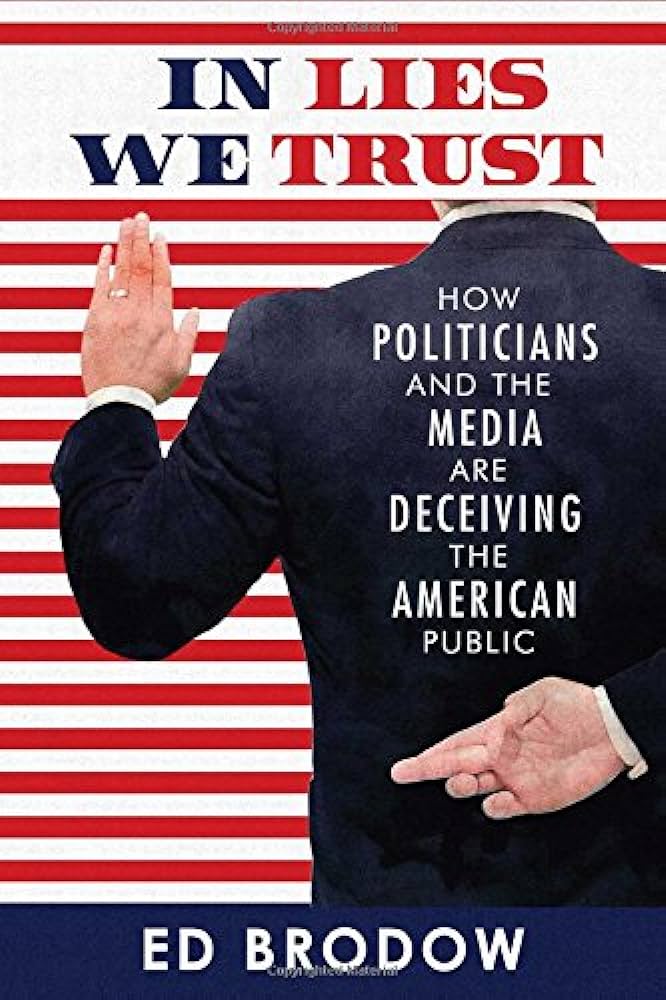beijingwalker
ELITE MEMBER

- Joined
- Nov 4, 2011
- Messages
- 65,191
- Reaction score
- -55
- Country
- Location
Who hates China’s rise the most: from the “yellow peril” to the “biggest challenger”, Why the Anglo-Saxon despise the Chinese so much?
May 9, 2023From Deng Xiaoping’s economic policy that lifted more than 800 million people out of poverty to China’s current domination in the field of Artificial Intelligence (AI) and its establishment of the Belt and Road initiative, the progress that China has made is impressive in terms of the economic balance sheet.
The vast majority of western audience has felt highly uncomfortable about China’s unfamiliar cultural and political landscape. Notably, the hostile awe has been received mainly from the AUKUS countries.
The passionate rhetorical protests against China are commonplace among the Anglo leaders.
The racial underpinnings of China’s rise centre around the Anglo-Saxon’s despise on China. Kiron Skinner, a former Director of Policy Planning at the United States Department of State stated in 2019 that China’s rise consisted of a narrative that it was “the first time that we will have a great power competitor that is not Caucasian.” In 2022, the British Member of Parliament (MP) Mark Spencer also referred to Chinese spies as “some little China men” in a televised interview when defending Liz Truss’ China policy.
One of the first official Sino-British encounters suggests that the long legacy of the Anglo hostilities towards China can be traced back to the late 18th century. The infamous Macartney’s British Embassy to China failed his initial mission to open trade with China due to the refusal to perform the Chinese Imperial protocol. Macartney’s comptroller, John Barrow, later described China as weak, the state as despotic and corruptible, and the people as hypocritical and dirty. He noted that nothing in China would ever change without European colonisation.
In contrast, prior to his description, Europeans had more often admired the Chinese culture and fantasized orientalism. French and other continental artisans and aristocrats had been more appreciative of the Chinoiserie and the profoundness of Chinese philosophy.
In the early 20th century, Sinophobia became a fashion in the Anglo-Saxon world. In support of the idea of “Yellow Peril”, the English novelist Sax Rohmer crafted a Chinese character, Fu Manzhou, as a caricature of a ruthless Chinaman with cruelty, extreme intelligence and a hunger for power. Roughly around the same time, on the other side of the Atlantic, the Chinese Exclusion Act was placed to limit and constrain the Chinese immigrants and their rights within the American society.
The anti-miscegenation legislature also enforced restrictions on the interpersonal relationships between different races. Particularly, white women who were married to Chinese men had to leave the country. In Australia, another Anglo country, the draft of Chinese Immigration Act 1855 also placed in Victoria to limit the Chinese immigrants by imposing poll tax, and the term “Coolie” became the racial slur for Asian men throughout that period in the Anglo-Saxon world.
The question to be asked is why did the Anglo-Saxon despise the Chinese so much? There are mainly two reasons behind the sentiment. First of all, even though the Anglo-Saxon perceived themselves as carrying on the “manifested destiny” and the “Whiteman’s burden”, they in fact still viewed themselves as the racial subordinate of the “Nordic race”.
Fuelled by earlier biological theories of Madison Grant on race, the Anglo-Americans subjugated themselves as an off-shoot branch, second class of the pure Nordic blood. In Australia, even in later 20th century, an official publication of the Australian Good Neighbour Council described Scandinavians as superior compared to many British migrants. In social psychology, it is proposed that inferior complexity could lead to abusive behaviour, often towards others that are perceived by the perpetrators as worse off.
On the cultural level, the British Isles always belonged to the periphery of Europe, where the continental civilization could hardly be shone upon. The roots of the Anglo-Saxon culture were thus built upon the imagery of continental Europe, even as it never truly seemed to be a part of that. When coming in contact with other civilizations, such as China, its own cultural identity became even more hollow in comparison with the 5000 years of history and the richness of artefacts that China had.
The destruction of the Chinese imperial winter palace, Yuanmingyuan, by the British was in essence a proof of such cultural identity reflexes.
Anglo-Saxon’s complicated sentiment towards China is thus motivated by a non-material aspect. Unlike the mainstream argument on political systems and values, the ultimate resentment in fact came from the cultural and racial self-reflection. The Anglo-Saxons might have invented the modern capitalism, democracy and technology, but China’s cultural legacy, history and distinctive ethnic identity are the unattainable notions that Anglo-Saxons are envious of.

Who hates China’s rise the most: from the “yellow peril” to the “biggest challenger”
From Deng Xiaoping’s economic policy that lifted more than 800 million people out of poverty to China’s current domination in the








